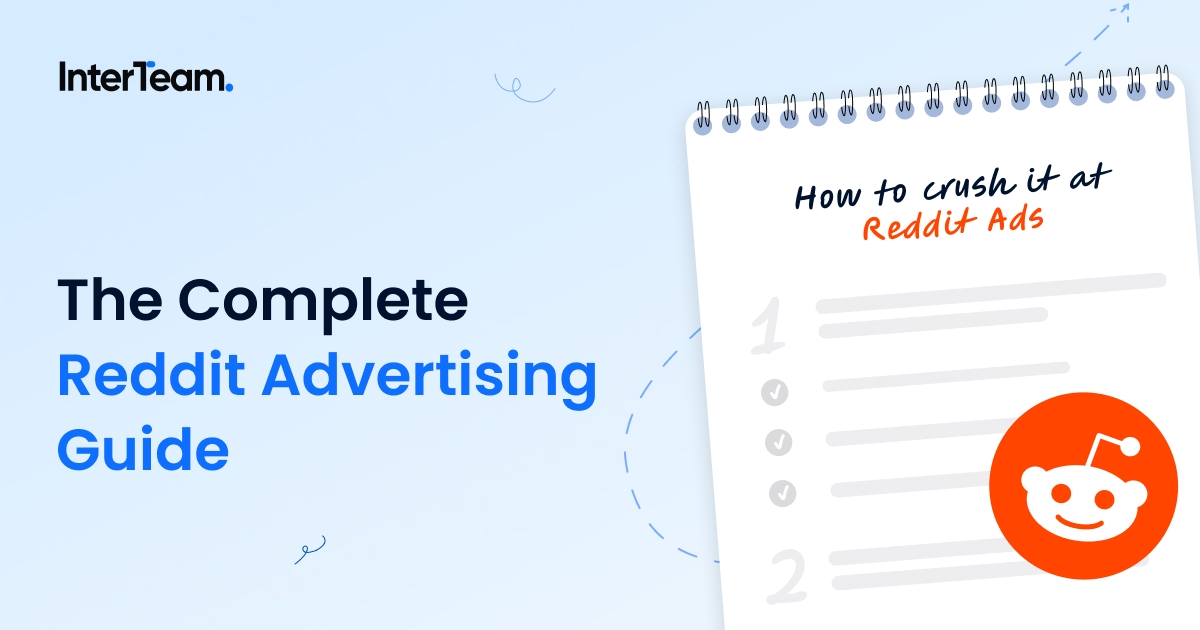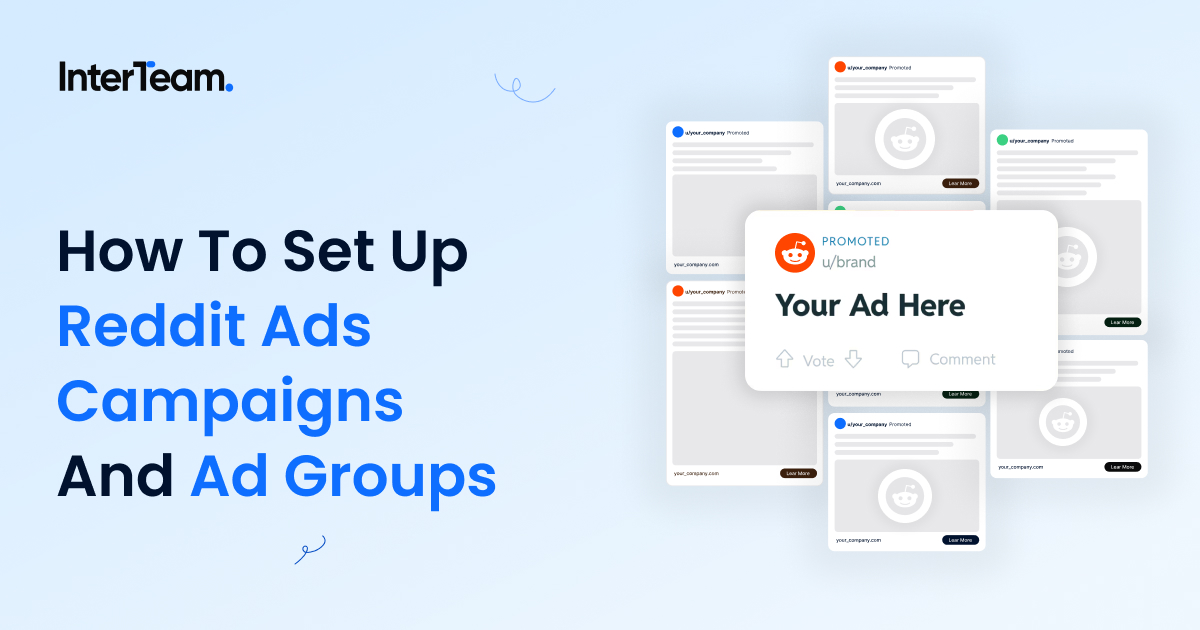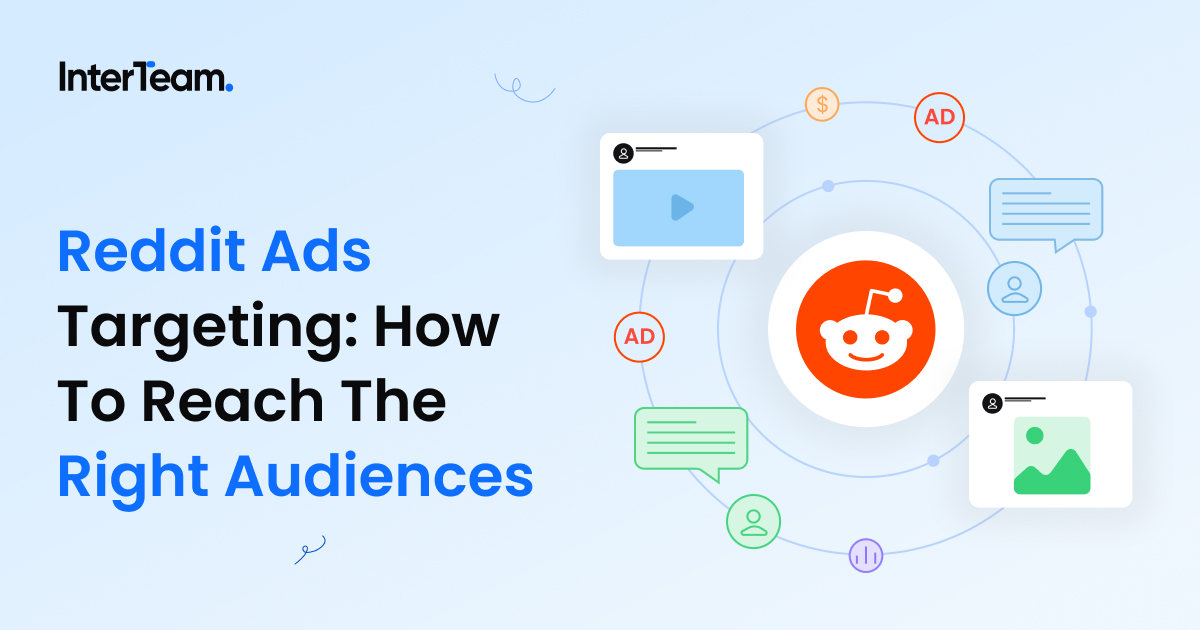Complete Guide to Qualified Lead Generation on Google Ads
Overview: How to Generate Qualified Leads on Google Ads
According to MediaPost, Google commands 73% of the paid search market. That means you can expect your Google AdWords lead generation campaigns to face plenty of competition. Google Ads offers a great opportunity to generate qualified leads for anyone who knows what they're doing.
To help you to that end, here's what we'll cover in this article:
- What a Google Adwords lead generation campaign is
- Why use pay-per-click advertising and whether or not it's right for your business
- Google Ads fundamentals
- 6 campaign types
- Planning, launching, managing, and testing your ad campaign
What Are Lead Generation in Google AdWords?
A lead campaign can be any campaign type, display, search, demand generation, performance max, etc., but the campaign's goal should be lead form submissions, either through the Google AdWords lead form extension or through a lead form on the website that has had a conversion goal set up for lead form submissions. The important thing is it's an advertising campaign designed to generate high-quality, relevant leads.
For example, a visitor may click on an ad. They are then redirected to a website landing page. Once on the company's site, the visitor is prompted to provide their contact information in return for a free trial, quote, consultation, or content. To get the visitors to arrive on the landing page, an ad.
Because the ad targeted the particular visitor that clicked, based on parameters set by the person running the campaign, we can refer to the visitor as a lead.
Why Use Pay-per-Click (PPC) Ads?
PPC advertising is popular among marketers because of how fast it generates results, compared to say, SEO blog content.
Through search history and audience type, PPC advertising targets clients who are ready to buy.
The catch is that you need to know how to discover those ready-to-buy customers when you're setting up your ad campaign.
Why Use Google AdWords for Lead Generation?
Google can guess what consumers are looking for even before they realize it. 67% of all high commercial intent keywords are directed to a sponsored ad.
People prefer organic search results while they are in the learning phase of the purchasing process. When they're ready to buy, on the other hand, they click adverts.
How Do Google Ads Work?
Google Ads utilizes the Google Ads Bidding Auction to determine how expensive a click will be.
In the auction, advertisers target a certain term on Google and place bids on it. The bid, or "maximum bid," is the most you're willing to pay for an ad.
Google compares your query to all advertisers bidding on the same keyword for the chosen location. Based on the advertisers' ad rank, a real-time auction is held (quality score). Advertisers with the highest ad rank appear first.
What Is the Google Network?
There is a means to advertise (campaign type) for every piece of "real estate" controlled by Google (search engines, email, applications, YouTube, etc.). For every product or service owned by Google, there is an advertising network that allows people to view and engage with it.
4 Types of Google Search Campaigns For Lead Generation
In this section, we'll cover 4 Types of Google Search campaigns that are important for lead generation. We recommend you allocate the following percentagpercentage of your marketing ad budget.
- General - 50%
- Competitor - 10%
- Brand - 10%
- Remarketing - 30%
Before we get into what the different ad campaigns are best used for, there's one more topic to get out of the way: ad group segmentation.
Ad Group Segmenting
If you are launching a general campaign for your brand or delivering a product or service, it is critical to understand how to strategically break up your ad groups. All ad groups share a budget, and each ad group's budget should be the same as the general campaign's budget.
1. General In-Market Search Campaigns
After you've decided which keywords to create your campaigns on, it's time to choose a campaign type.
Over the long term, the big money-makers are typically general Google search campaigns targeting keywords that show in-market purchase intent. An example of this for InterTeam would be "Google advertising agency in Toronto". This keyword describes exactly what we are and what we do and would be used by somebody who is seeking the services that we offer.
Check out this article to learn more about how to identify qualified keywords.
2. Competitor Keyword Campaigns
Competitor keyword campaigns are intended to reach people who are looking for alternatives to your offering. They can be more or less expensive than your branded and general efforts.
Because they are not searching for your product, don't offer to pay additional money to Google to put you at the top of the search results.
3. Branded Keyword Campaigns
Branded keywords are keywords that include your brand's name in the keyword text, like "InterTeam marketing".
A Brand campaign can help you do the following:
- Establish authority
- Safeguard the brand
- Control the sales story
- Track conversion routes
- Improve data collection
Note: a Branded campaign is only useful if there are competitors bidding on the keywords. If competitors are not bidding on the campaigsn then you'd get those clicks regardless via organic search, so make sure you do competitor research prior to spending money on the campaigns.
4. Search Retargeting Campaigns
Google retargeting campaigns target people who have already interacted with your brand in some way, like visiting your website or watching a YouTube video. Typically Search Ads are used for cold outreach and other campaign types are used for retargeting, but search retargeting is becoming a more and more common practice.
When done correctly, Google search retargeting can boost brand authority, shortening the sales cycle and reduce cost per conversions by up to 50%.
Other Types of Google Ad Campaigns For Lead Generation
In this section, Google Also offers other campaign types for lead generation, like:.
- Demand Generation Campaigns
- Display Campaigns
- Performance Max Campaigns
- Local Service Ads
- Dynamic Search Ads
Before we get into what the different ad campaigns are best used for, there's one more topic to get out of the way: ad groups.
1. Demand Generation Campaigns
Demand Generation Campaigns are image, video or carousel formatted ads that display on various Google platforms, such as YouTube, Discover, and Gmail. These ads can be effective both for retargeting or cold lead generation.
2. Display Campaigns
Display Campaigns place visually rich ads across the Google Display Network, which includes over two million websites, apps, and videos. These campaigns are excellent for reaching potential customers as they browse online, but you have to be careful about where your ads are being displayed so you avoid controvercial or low performing placments.
Read our Qualified B2B Targeting With Google Display Ad to learn how to learn more about qualified display lead generation campaigns.
3. Performance Max
Performance Max campaigns use Google's machine learning to optimize across all channels, including Search, Display, YouTube, Gmail, and Discover. Automated optimization lets Google scan your site and use your favicon as your logo. Ensure your headlines are professional and engaging.
Create audience signals to define target profiles using custom segments, interests, and user data. This unified campaign reaches potential customers across various Google platforms for broader and more effective reach.
4. Local Service Ads
Local Service Ads are specifically designed for local businesses to connect with nearby customers searching for their services. These ads leverage your Google My Business Profile and appear at the top of Google Search results with direct contact options, such as call or message buttons.
5. Dynamic Search Ads
Dynamic Search Ads (DSA) automatically generate ads based on your website’s content, ideal for sites with large inventories or frequently changing products. DSAs match user searches to your site’s content, displaying relevant ads. Control which pages are included by entering the URLs of pages you don't want Google to crawl.
Customize your ads by adding your store's theme or other relevant details to make them more appealing to potential customers.
By utilizing these ad campaign types, you can effectively generate leads and drive growth for your business.
Planning a Google Ads Campaign for Your Business
It takes time to adequately optimize and position a campaign for scalability. You'll need a certain amount of monthly ad spend to collect reliable data for future testing and optimization.
The first three months of your campaigns will be the most expensive and challenging. The more saturated your market, the more difficult it will be to earn from Google Ads.
With Performance Max, you'll have a campaign with greater reach and better potential to learn from your site. SEO and excellent content are more vital than ever.
Additionally, your campaign's success is dependent on your unique selling proposition.
And remember, selling to an established customer is six times less expensive than selling to a new one.
Setting Up Your Google Account
Google will ask you what your major advertising goals are during setup so you can plan your campaign around them. If you choose any of Google's aims for a quick setup, you'll get a scaled-down version of Google Ads.
Consider a templated campaign rather than a personalized campaign.
Also, Google Ads has very little functionality until you've created a campaign and linked your account to Google Tag Manager.
Click this link to learn more about best practices for setting up your Google Ads Account.
Creating a Google Tag Manager Account
Google Tag Manager is a free piece of software from Google that allows you to implement tracking on your website using a snippet of code.
This means you may track user behaviors on your website and assess the performance of your ads. Because each website is unique, the steps may differ based on the platform you're using. However, it's basically the same across all online apps, so don't be concerned if it's new to you.
Conversion Rate Optimization On Your Landing Page
Some landing page builders offer capabilities, such as responsive search advertising, allow you to do A/B testing directly from the Ad dashboard.
Alternatively, you may run two campaigns concurrently and manually disable the one that isn't producing results.
Google Demand Generation Ads and Lead Forms
Using Lead Forms in Discovery Ads campaigns allows advertisers to more easily acquire consumers with the right interests (matching with their target audiences).
Google Demand Generation Campaigns (Previously Discovery Campaigns)
Google Discovery Ads are graphic advertisements that appear in the Google Discovery Feed.
These advertisements may be found on the Google App or Google.com homepage, YouTube's home feed, and even Gmail.
Google Discovery advertisements can also be seen on YouTube's Home feed and in Gmail's Promotions Tab.
The key advantage of these advertising is their rich and highly relevant information for each user, which stands out without being overbearing.
Lead Form Extensions
Lead form extensions are an excellent approach to converting your Google Ad into a lead generation form. Ask up to ten questions and collect leads directly from search results.
Google does not promise that extensions will appear for every ad, so don't rely too much on them. Also, make sure to keep an eye out for lead quality as this can often be an issue for Google in your Google Ads campaigns
Keyword Targeting
Many B2B marketers begin by focusing on their primary keywords, such as their brand name.
Instead of focusing on your company's primary keywords, seek longer-tail keywords that imply significant buyer intent.
SEMRush's Keyword Magic Tool, for example, can help you develop and execute a successful keyword strategy.
Conversion Rate Tracking
Examine your ad performance through the dashboard to evaluate what's working and what's not. This will help you determine how to improve your current bidding.
Negative Keywords
Negative keywords are keywords that stop your ads from appearing for certain search queries.
For example, if you sold swimming pools and you added "liquidity" as a negative keyword, that would tell Google Ads to not show your ad for any searches containing the unrelated investing term "liquidity", such as: "liquidity pools".
Launching Your Google AdWords Campaign
Select Campaigns, then go to All Campaigns. This will display all of the campaign tags we created:
- General Campaign
- Remarketing Campaign
- Brand Campaign
- Competitor Campaign, etc.
Next, select Enable from the circular dropdown menu. That's it. Your campaign is now live!
Managing Your Google AdWords Campaign
There are a few key metrics to pay attention to when it comes to your Google ads, such as budget, relevance, and ad quality.
When a user takes a defined action that advances them towards a sale, that’s considered a conversion. This can occur on a specified landing page, your website, or the search engine results page (SERP).
A high click-through rate (CTR) means that a lot of people are seeing the ad, clicking it, and converting. Your CTR is a percentage based on the number of clicks and impressions.
If you don't have a solid buyer persona drawn up, you won't be able to understand the intent of your audience. You need to get inside the head of your ideal customer to know what makes them click on your ads.
A/B Split Testing Your Google AdWords Campaign
The secret of successful marketers is that of running tests to improve your quality score and lower cost-per-click.
A/B testing landing pages improve conversion rates by more than 500%. Also, testing simple changes like adding extensions to your ads can improve your CTR dramatically.
Conclusion
Google Adwords lead generation campaigns are time-consuming to put together and manage, especially at the start. With the right moves and guidance, your lead generation campaign will not only bring in the desired leads but allow your company to scale.
If you have any questions in mind when it comes to getting leads, drop them in the comments below and we'll get back to you.
For a more in-depth discussion about generating highly qualified leads, you can schedule a free call with us here.
Keyword Research Case Studies
Want to read examples of our successful projects where we used strong keyword research to build strong Google Ads campaigns? Check out these case studies from Google Ads Projects we worked on:
- Case Study – Google Ads and Bing Ads for B2B Property Tech SaaS Solution
- Case Study – Google Ads and Bing Ads for B2B SaaS for Senior Living
- Case Study – Google Ads for B2B SaaS PR Solution
- Case Study – Google Ads for B2B Web Design Agency
FAQs
Template question
Template text answer



